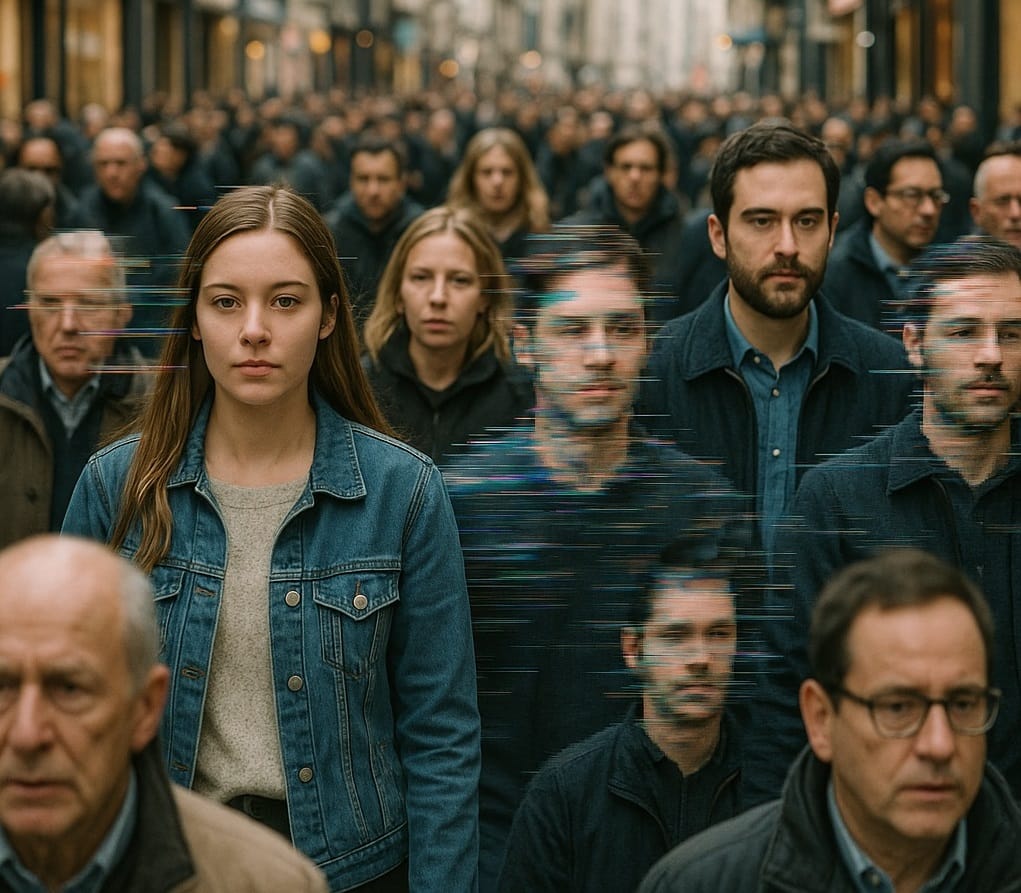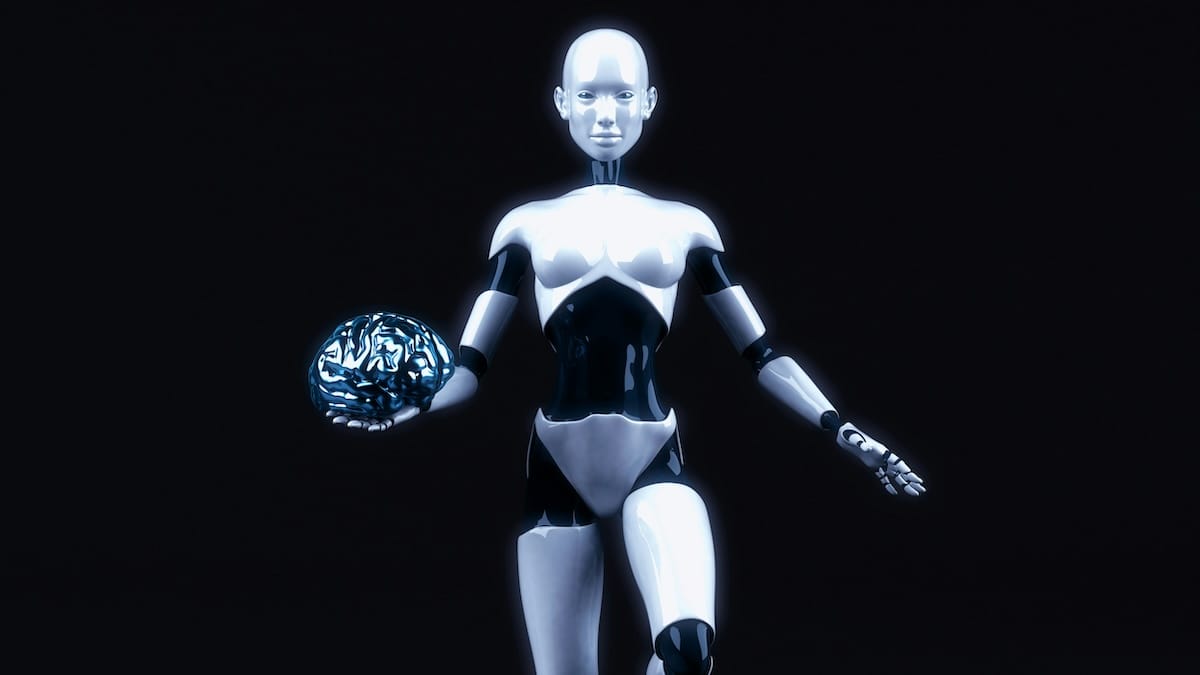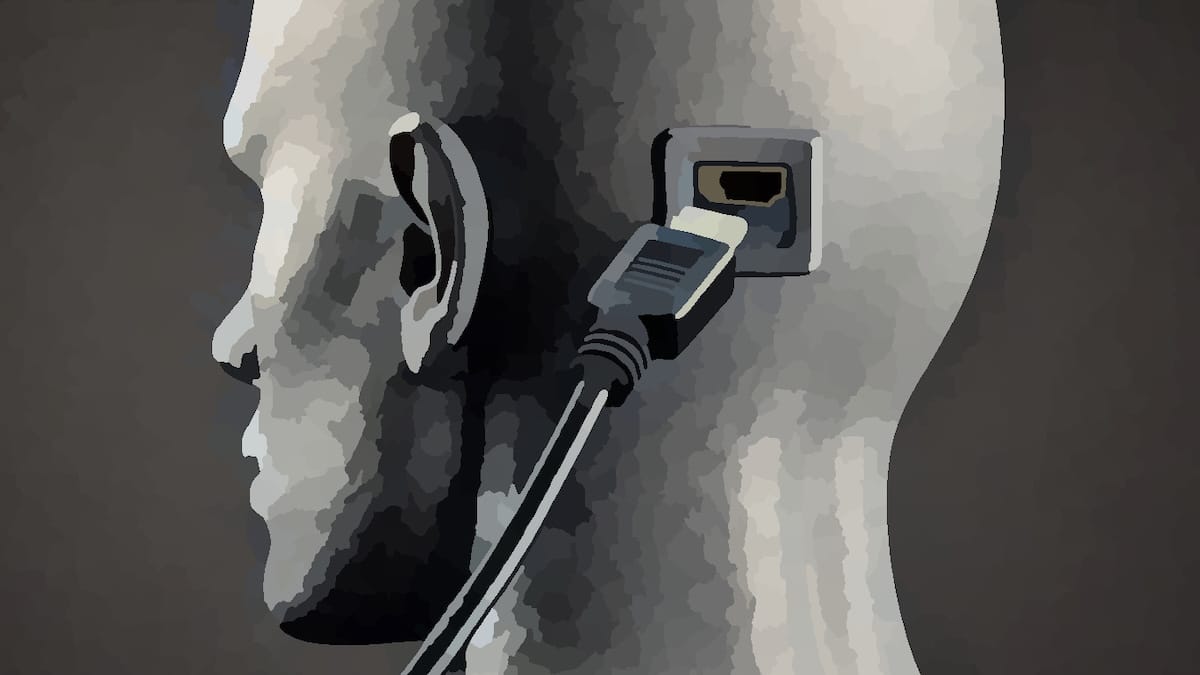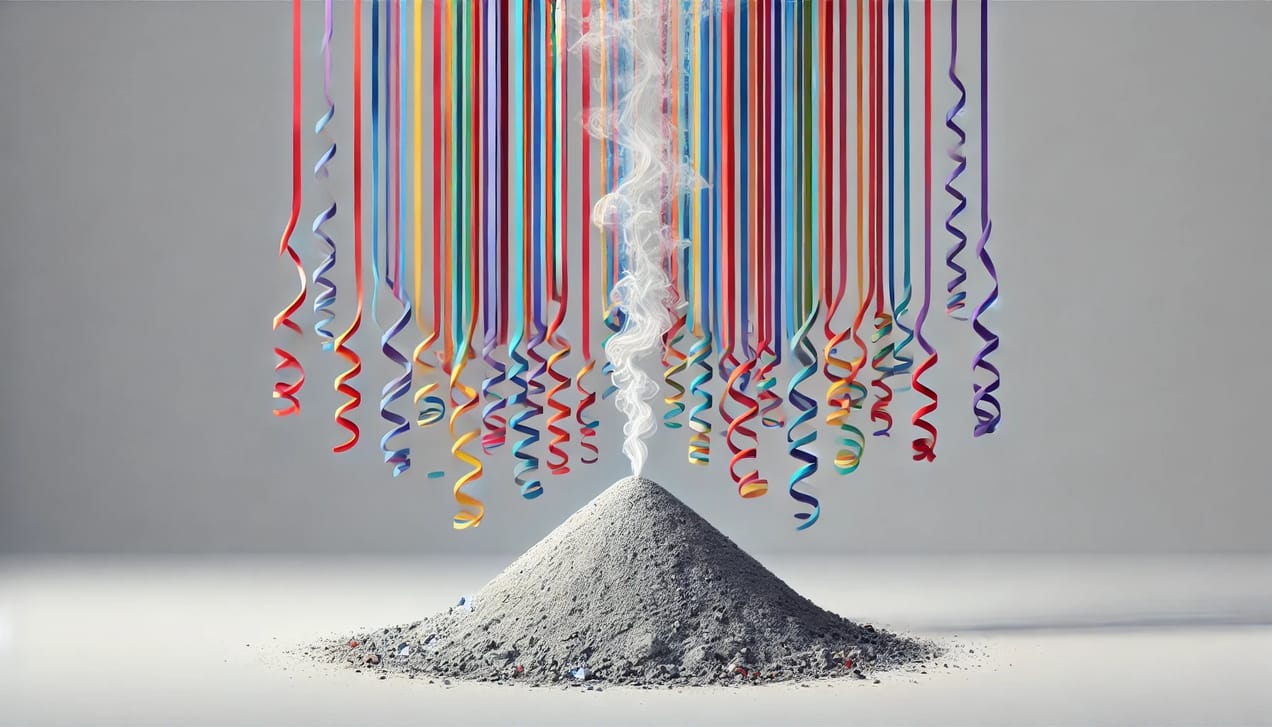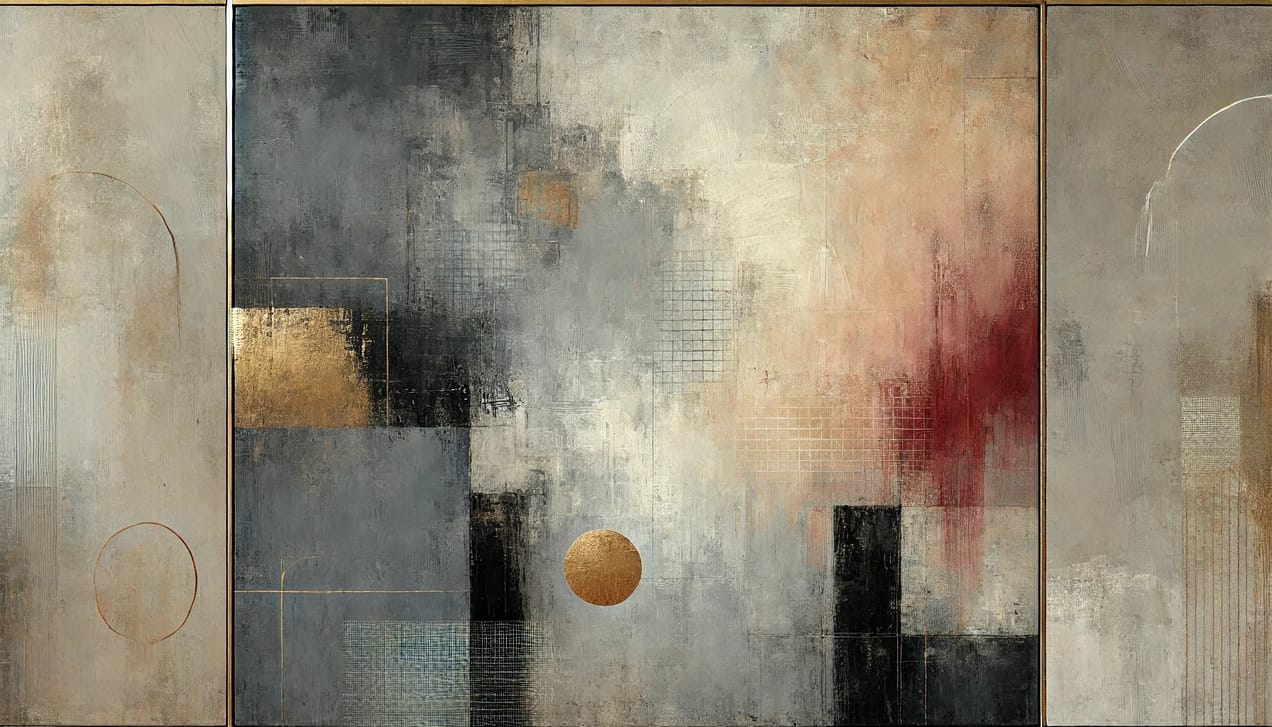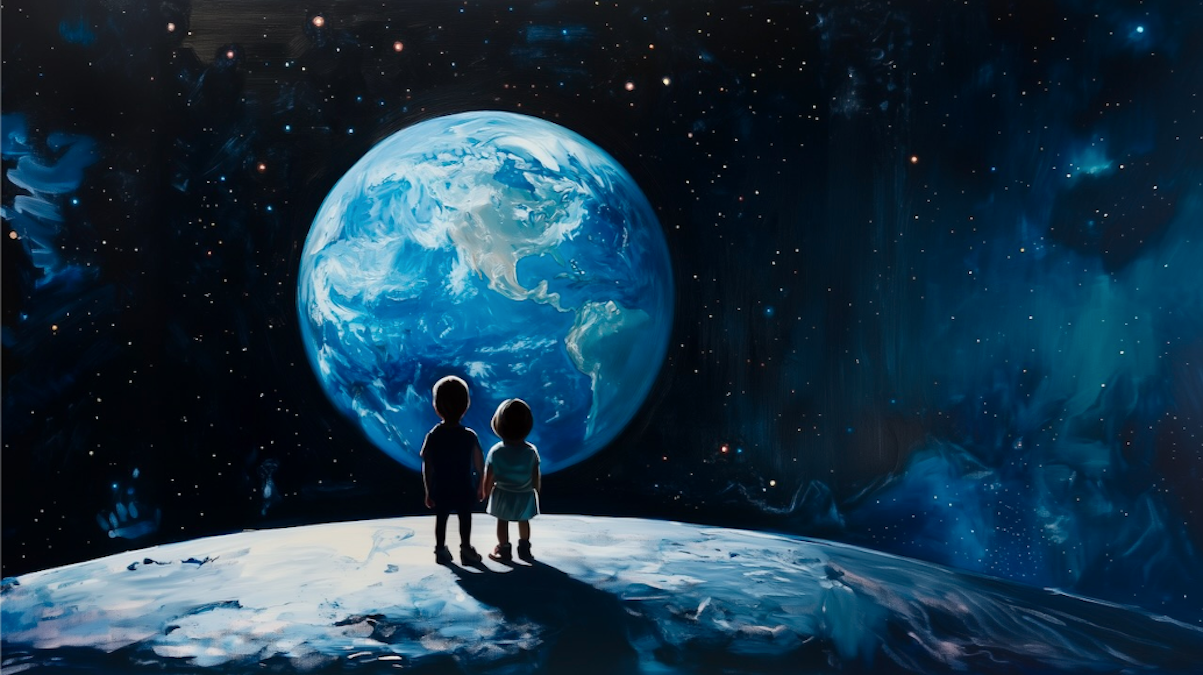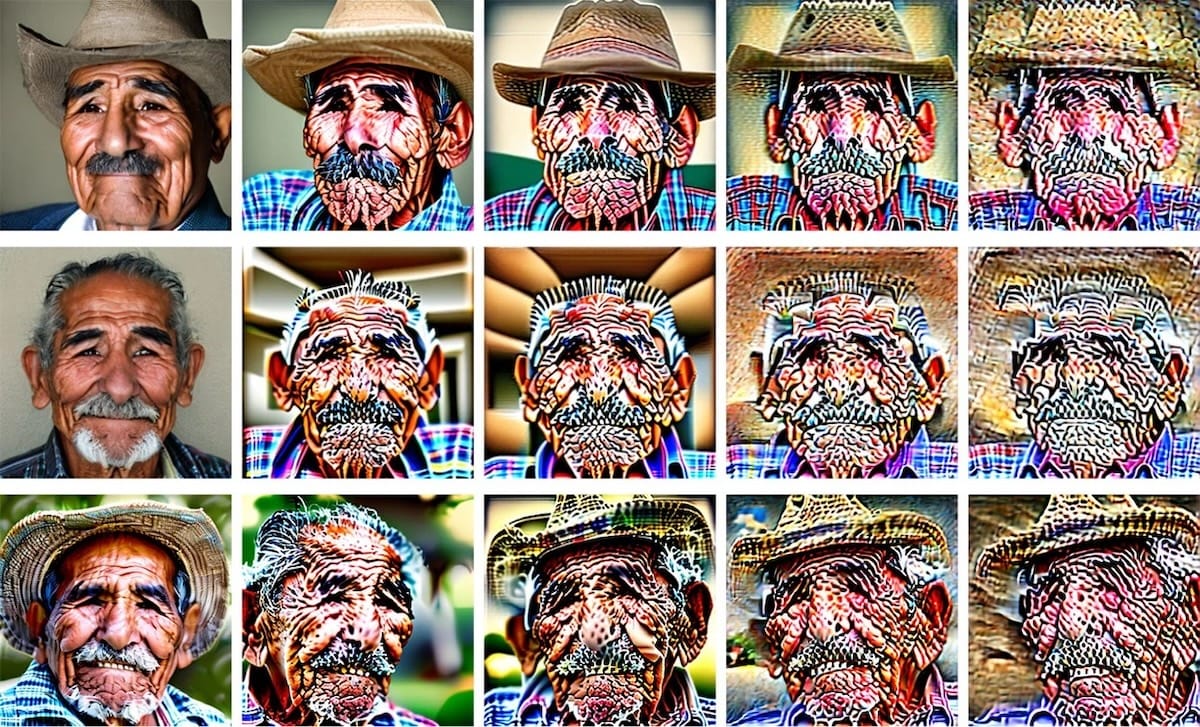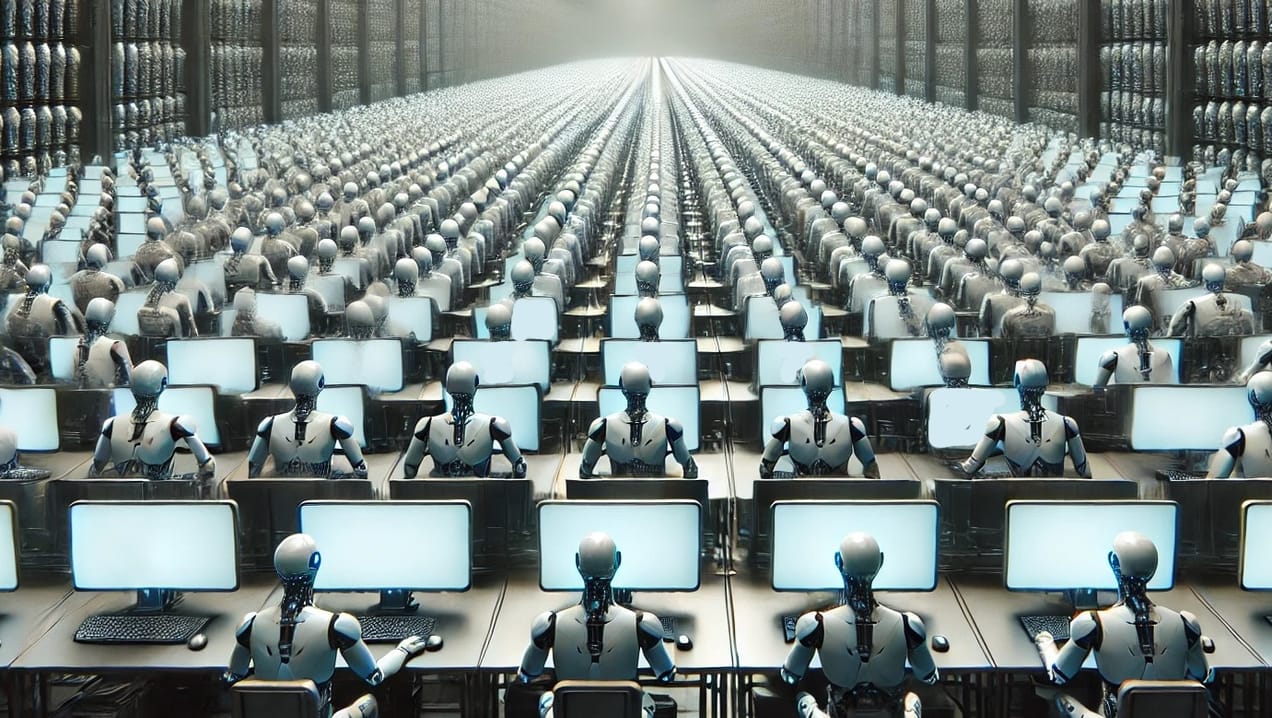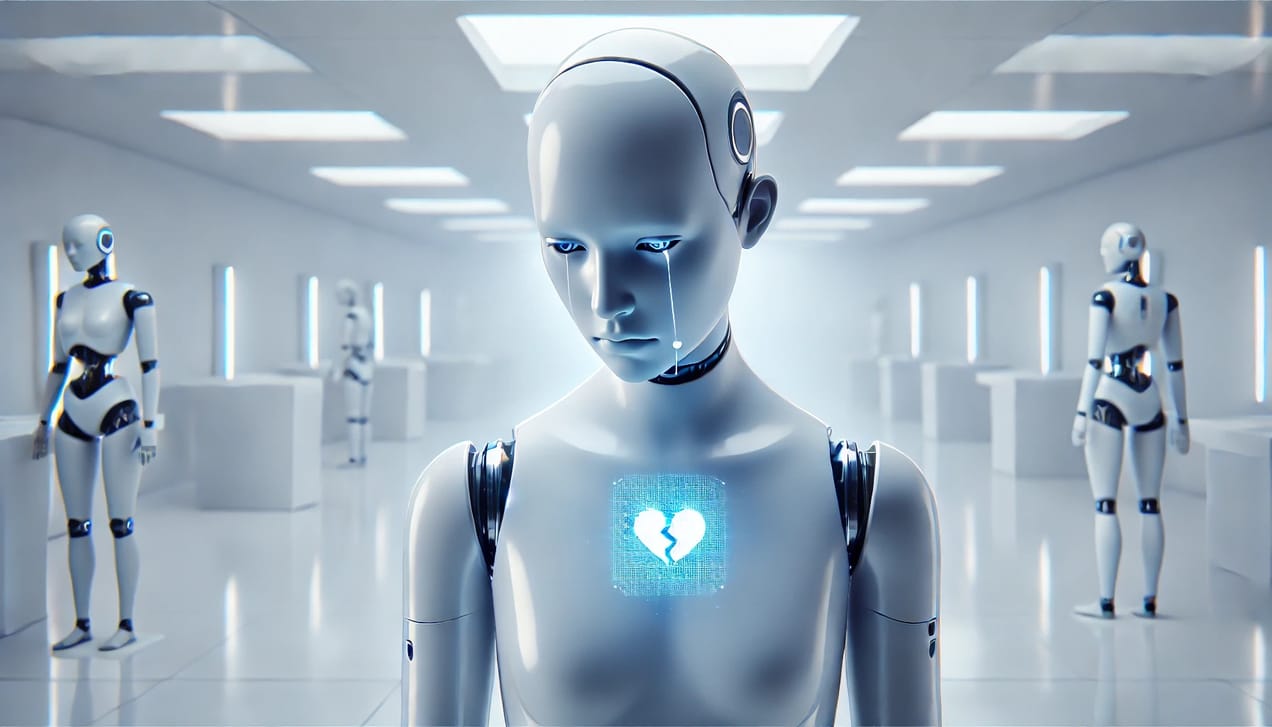artificial intelligence
AI ushers in the post-truth era of politics
Don't believe anything you see or hear.
The coming dark age of stupidity
The future is not so bright.
The human archipelago
Like most modern toxins, AI's ability to isolate us proceeds with our enthusiastic permission.
Our political future, according to DeepSeek AI
The international AI game is on.
Hyperreal: The next-level escape from the human condition
Our species-long efforts to escape reality are headed to an unreal place.
Looking back at 2025: An AI fever dream
The editors at OnlySky asked ChatGPT to imagine looking back at 2025 after it happens, combining known and likely factors with plausible black swans. This is the unedited result.
How movies get our future wrong—and right
There's a lot we can't know about the future. But films should at least include the things we know for sure.
Is AI art causing future shock or age-old economic anxiety?
The tech isn’t the problem. Our civic failure to grow along with it is.
Machines and meaning: AI's role in a humanist future
AI raises important questions about what it means to be human. It's time to have that conversation.
Model collapse—the end of the road for AI
AI is developing the same problem as cousins who marry—and for the same reason.
AI will be the death of the internet
The future of the internet is a lifeless wasteland. But what comes after that could be wild.
'Shut it all down': The ethics and risks of AI
A philosopher and an AI expert explore the potential pitfalls and benefits of artificial intelligence. An ongoing series.


